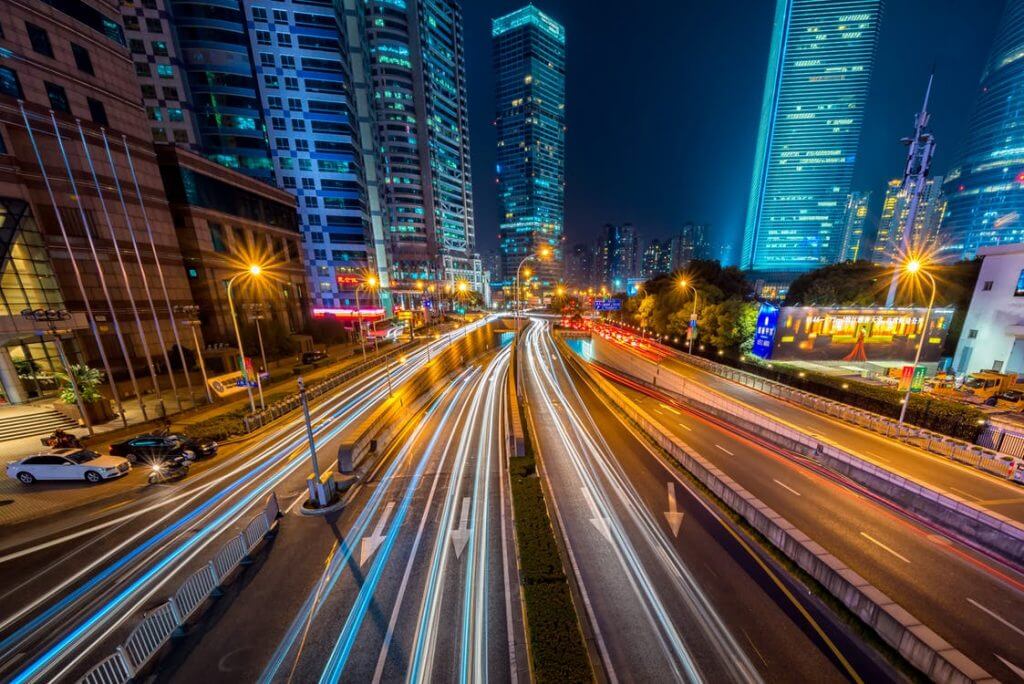By now, we’ve all heard just how terrible our lifestyles are for the earth. Resources are being used at an alarming rate, and the emissions we put into the air through the use of vehicles and factories are downright deadly.
One way you can help create a greener planet and a brighter future for all is to turn to the sharing economy. The sharing economy offers a number of environmental benefits, making the peer-to-peer marketplace the ideal place to shop and sell.
Fortunately, a great many people are taking steps toward improving this situation. From recycling programs to alternative-fuel vehicles, the products, programs, and research that are being put into place and carried out have the potential to improve our planet significantly for future generations.
Below are just four of the ways the sharing economy is helping individuals just like you go green.
#1: Reduced Emissions

Vehicle emissions are one of the biggest issues plaguing our planet. Did you know that a whopping 27% of greenhouse gas emissions in the United States are created by vehicles? This number needs to be reduced, and this can be easily accomplished through the combined use of public transportation, walking and bicycling, carpooling, and ride-sharing programs such as Uber and Lyft.
However, when you must drive your own vehicle, gas emissions can be reduced by reserving a parking spot in advance through a parking-sharing service such as ParqEx. This will remove any need to do extra driving to find a spot. Shared parking not only can help reduce emissions, but it can help communities in other ways as well.
An even larger source of US greenhouse gas emissions is electricity. Fortunately, a growing number of businesses and individuals are adding
solar panels and other alternative sources of electricity to their lives. That said, very few hotels have jumped onto this bandwagon, and considering the amount of electricity these establishments consume, you can bet they are the cause of some serious greenhouse gas emissions.
A cleaner, more eco-friendly way to go about finding lodging is to look for a rental home on such sites as Homeaway and Airbnb. By renting a home in place of a hotel room, you will have complete control over how much electricity is being used by your lodging location of choice. Not only that, but many rental homes are now equipped with solar panels, easily making them the greenest choice.
#2: Less Water Down the Drain
Another downfall of traditional hotel rooms is the insane amount of water used (and inevitably wasted) cleaning towels and linens. Because many hotels make it a habit to wash all of these items everyday whether or not the guest requests it, an enormous number of perfectly clean items are added to their laundry piles. This, of course, leads to a large amount of water being sent down the drain for essentially no reason.
In a rental home found through one of the sites mentioned above, you will not run into this environmentally harmful practice. Instead, you will be in charge of deciding what needs to be washed during your stay.
#3: Minimized Fuel Consumption
Remember those ride-sharing websites we mentioned above? They have another great benefit: You see, not only does sharing rides reduce greenhouse gas emissions, it also reduces fuel consumption. Since gasoline is a non-renewable resource, this is something we can all agree is a good thing.
Carpooling apps such as BlaBla Car and Pool My Ride are also great options for reducing fuel consumption as well as emissions. These kinds of apps and sites allow users to create a carpool with a group of others based on where everyone is headed and where they are coming from—a setup that’s a bit different from the system used by Uber and Lyft.
A final way the sharing economy can help individuals reduce their fuel consumption is through the use of parking-sharing apps such as ParqEx. This is accomplished by taking the act of driving in circles looking for a parking spot out of the equation.

#4: Fewer Wasted Resources
Aside from less wasted water and decreased fuel consumption, the sharing economy also helps people reduce the amount of other resources wasted. For instance, a bed that is passed down from one person to another via Freecycle means fewer trees being used to make new beds. Additionally, when a consumer purchases used toys and household items through sites such as Letgo, they can decrease the amount of plastic being used to make such items.
Shared parking can also help with this by reducing the number of parking lots being built. After all, if there is no demand for additional parking, additional parking won’t be made, and fewer parking lots being made means less cement and other resources being used.
As you can see, the sharing economy is a great step in the direction of a greener planet for everyone.
Would you like to learn more about the sharing economy and the ParqEx shared parking program? Please feel free to contact us for more information.

